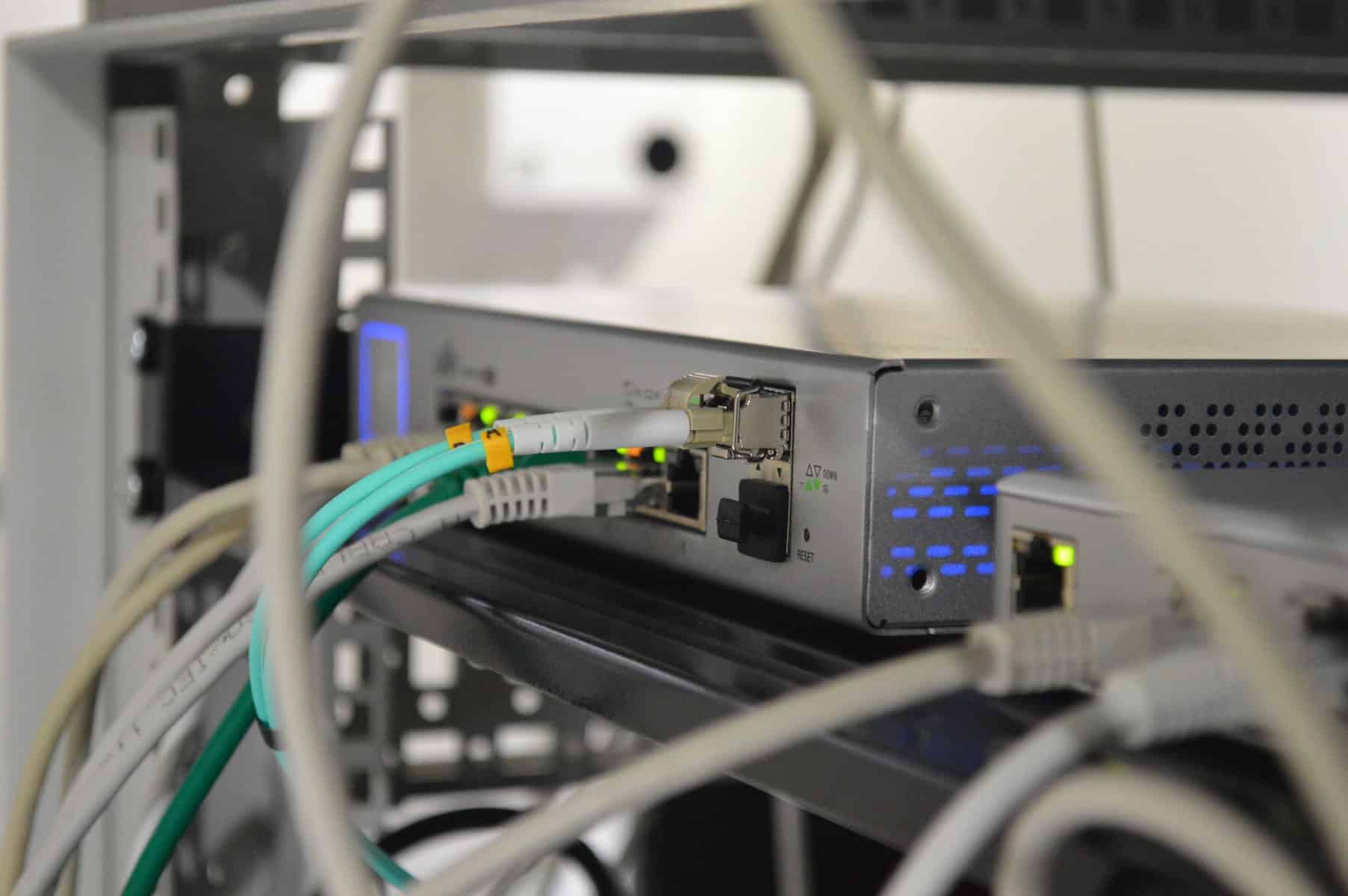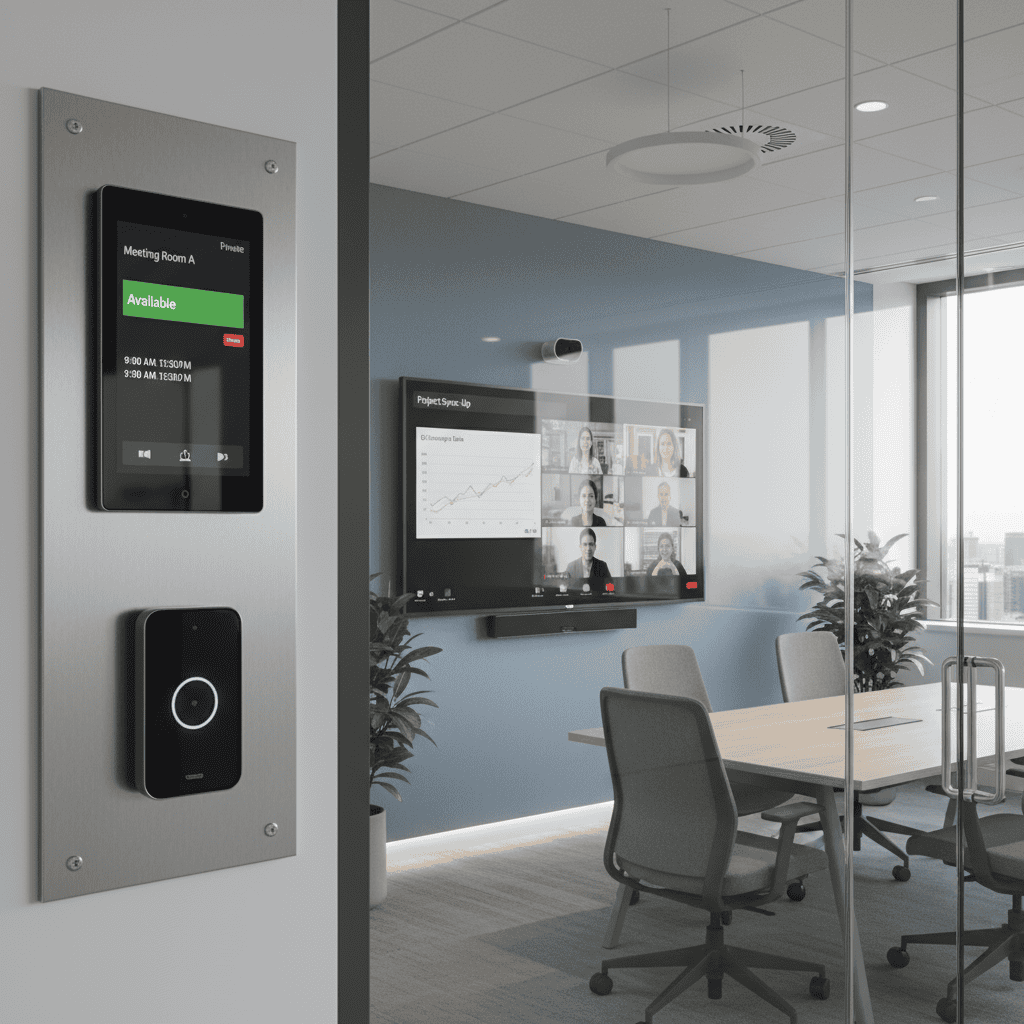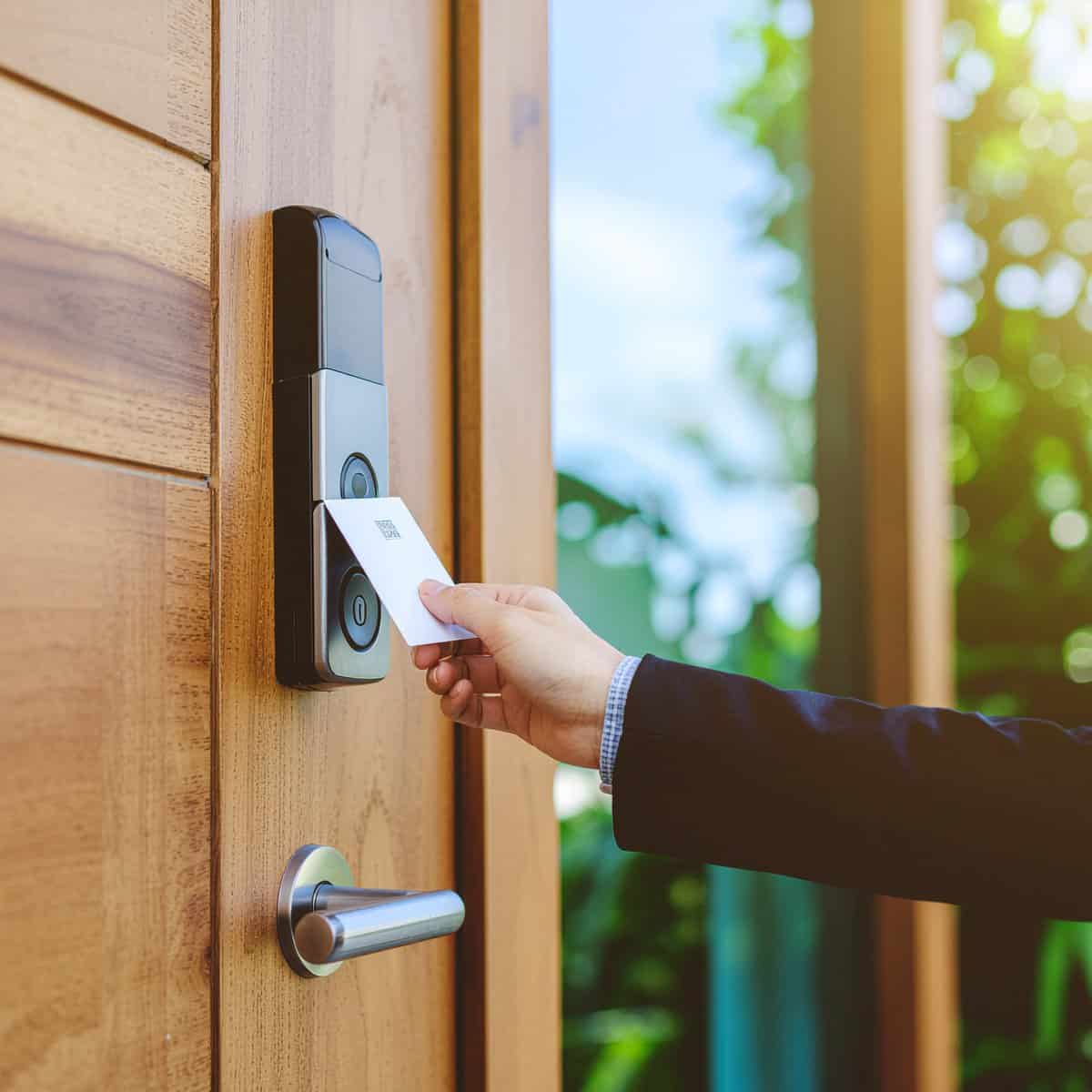Routers And Firewalls: The Differences In Security

Once you’ve installed your data network, you need to implement your cyber security plan. The question many small business owners ask themselves is, “Do I need a firewall?” or they may ask “Do I need a router with a firewall?” Both are fair questions, but in order to answer them, you need to understand the relationship between firewalls and routers.
What Does A Router Do?
If you imagine that your data network is a castle, then a router serves as the gatehouse. It’s the point of entry and exit for all traffic. The roads (or wires) leading away from it branch to many destinations, but every last scrap of data needs to pass through it.
In more technical terms, the router is the device that routes the traffic on your network and allows multiple computers and devices to share a single internet connection.
And just like with a gatehouse in a castle, if you leave the gate open and the gatehouse unguarded, any and all types of traffic will come and go, including malicious types.
What Does A Firewall Do?
Sticking with our castle metaphor, a firewall is a guard or trained guard dog that sniffs each passerby and decides if it’s allowed to pass or not. A firewall doesn’t affect where a packet of data goes, other than to say “yes” or “no” when it tries to enter your network.
A firewall is a piece of software that inhabits another device, just like a guard or guard dog would inhabit the gatehouse. How well the firewall performs its job depends on how well it’s been trained or programmed, and how much ongoing support it gets (in the form of software updates).
An outdated firewall that doesn’t know how to recognize the latest threats isn’t going to offer much protection.
Installing firewall software on individual computers means that when an employee takes their laptop home or to a coffee shop, they’ll still be protected from malicious traffic. VPNs are another way layer on protection for your users, but that’s a topic for another blog.
What’s The Best Way To Use A Router And Firewall Together?
Most routers come with a built-in firewall that is designed to allow outgoing traffic to easily pass into the worldwide web but prevents any incoming traffic requests. This doesn’t mean you can’t download anything either, although it can inhibit connections to certain sites or services if it isn’t configured correctly.
Most computers also come with basic firewall software installed. These are not cutting-edge tools, but they’re capable of blocking a lot of common types of malicious traffic. If you’re wanting additional protection beyond the default firewalls in your router and computers, you’ll need to purchase third-party software to handle that job.
You can also purchase stand-alone firewalls, which are essentially just single-purpose computers that you connect in line with your router to monitor traffic and protect your network.
Does Your Organization Need A Firewall?
Does a castle with valuables inside need a competent guard? Yes, of course, it does. That said, we’ve already covered that the vast majority of routers and computers come with basic firewalls installed.
When your organization moves to higher levels of sophistication and performance requirements, then you should prepare to upgrade your cyber security protection. Residential devices tend to combine multiple functions into a single device, such as a modem/router/firewall device. For large organizations with complex networks, those functions usually reside in dedicated devices, meaning that you can buy routers without firewalls and firewalls without routers. But at that point, your IT team should be aware of the need to install dedicated firewall devices and advanced firewall software on your devices.
In short, it’s best if you can plan ahead for what types of firewalls your organization needs and work with a partner who can help you balance peak performance with maximum security.
About i.e.Smart Systems
i.e.Smart Systems is a Houston, TX based technology integration partner that specializes in design and installation of audio/visual technology and structured cabling. For more than three decades, our team of in-house experts has partnered with business owners, architectural firms, general contractors, construction managers, real estate developers, and designers in the Houston market, to deliver reliable, scalable solutions that align with their unique goals.




